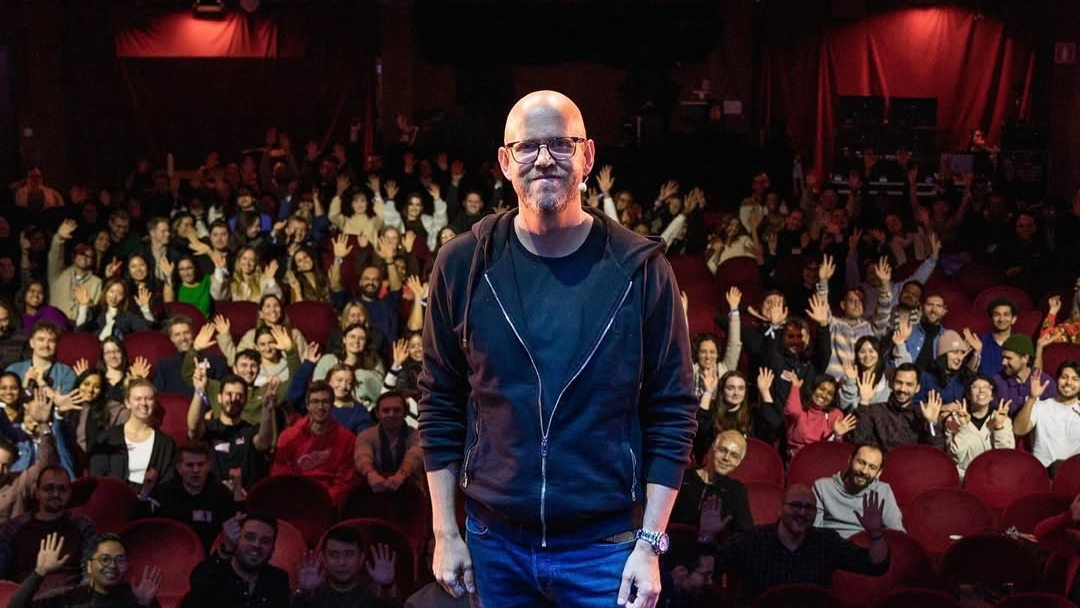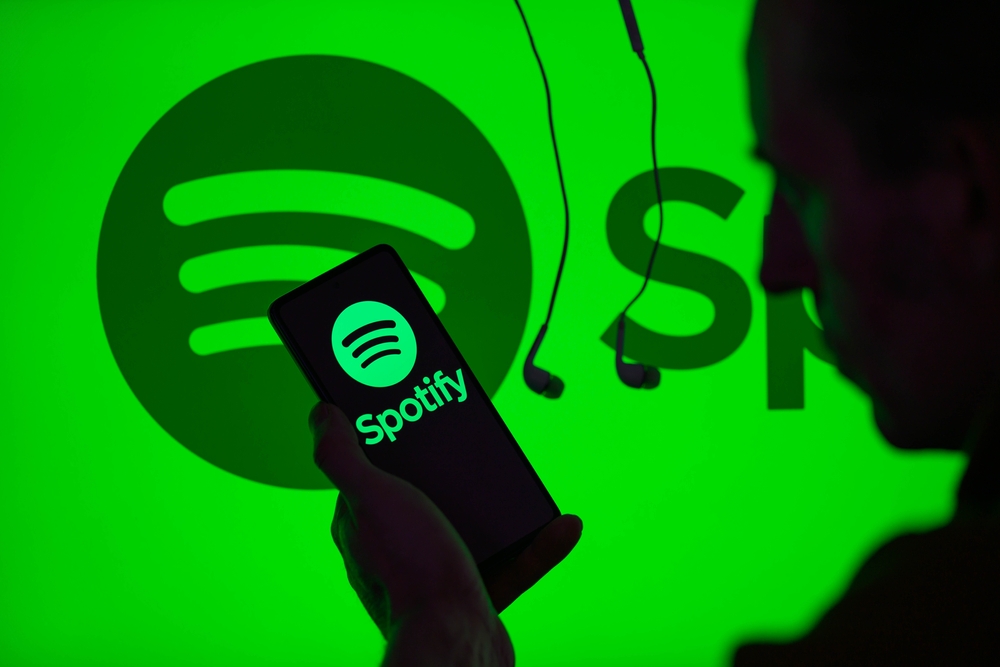Spotify’s Dark Side: Fake Drug Podcasts Expose Loopholes in Streaming Giant’s Policies
Spotify, the world’s leading audio streaming platform, is facing intense scrutiny after dozens of fake podcasts promoting illegal online drug sales were found on its platform—some ranking high in search results for drugs like Adderall and OxyContin.
The story was first broken by CNN and Business Insider, both of which independently uncovered a troubling network of podcast episodes that directed users to illicit and potentially dangerous websites, some openly advertising prescription drugs without requiring a prescription—a clear violation of U.S. law.
Now, Senator Maggie Hassan (D-NH) is demanding answers. In a letter to Spotify CEO Daniel Ek, she accused the company of failing to adequately police its podcast content, allowing bad actors to exploit the platform and potentially endanger young listeners.
Do You Have to Pay to Put a Podcast on Spotify?
No. Uploading a podcast to Spotify is free for creators. In fact, Spotify has aggressively positioned itself as a creator-friendly platform through tools like Spotify for Podcasters, which allow users to upload episodes with minimal friction.
This low barrier to entry has democratized audio content creation—but it has also opened the floodgates to abuse. There is no upfront cost, no real vetting process, and little oversight unless content is explicitly reported or flagged by external sources.
As CNN and Business Insider’s investigations show, bad actors are taking advantage, using podcasts as trojan horses to advertise illegal drug sales.
Can Anyone Release a Podcast on Spotify?
Yes—anyone can release a podcast, and that’s both the platform’s strength and its weakness.
Whether you're a seasoned journalist, a fitness coach, or a drug dealer posing as a “health adviser,” the process is largely automated. Users submit their RSS feed, agree to Spotify’s content guidelines, and—boom—your podcast is live globally.
There are no content pre-screening mechanisms, which means harmful, misleading, or illegal content can slip through, especially if it's disguised with vague or misleading titles and descriptions.
As Senator Hassan points out, this lack of moderation is especially dangerous when vulnerable teens can stumble upon these shows while searching for legitimate medical advice.
Related: Xiaomi Declares War on Tesla, Apple & Huawei in Tech Shakeup
Related: Inside DOGE’s Secretive 5-Step Hiring Gauntlet—Only the Best Survive
Are Podcasts Protected by Copyright?
Yes—but that cuts both ways.
Podcasts, like other forms of media, are protected under copyright laws. This means creators own the rights to their content, and platforms like Spotify generally don’t police podcast scripts or spoken words unless flagged for violating terms of service.
But that also means there’s limited proactive enforcement, especially compared to visual platforms like YouTube, which use automated tools to scan for violations. Podcasts are harder to monitor in real time, and much harder to moderate without dedicated resources.
That’s the crux of the issue Spotify now faces: How do you preserve the open nature of podcasting while preventing its exploitation?
What Is Spotify Doing About It?
In a statement to CNN, Spotify said:
“We are constantly working to detect and remove violating content across our service.”
Following reports from Business Insider, Spotify removed more than 200 suspicious podcasts that appeared to violate its content guidelines by promoting unregulated pharmaceuticals and directing listeners to illicit websites.
But critics say this reactive approach isn’t enough.
Senator Hassan’s letter demands specifics:
-
How many users interacted with the illegal podcasts?
-
Did Spotify earn revenue from them?
-
Does Spotify collaborate with law enforcement?
-
Will content moderation tools be updated in light of these events?
She’s requested a response by June 12, signaling that Spotify may be drawn into broader tech accountability hearings in Washington.

Conclusion
The podcast revolution was built on the idea that anyone can speak their truth. But what happens when truth is replaced with deception, and the microphone becomes a marketing tool for criminal networks?
Spotify may be the first streaming giant under the microscope—but it likely won't be the last. As lawmakers, parents, and media watchdogs call for better safeguards, the age of "speak freely" may soon be replaced by "moderate wisely."












